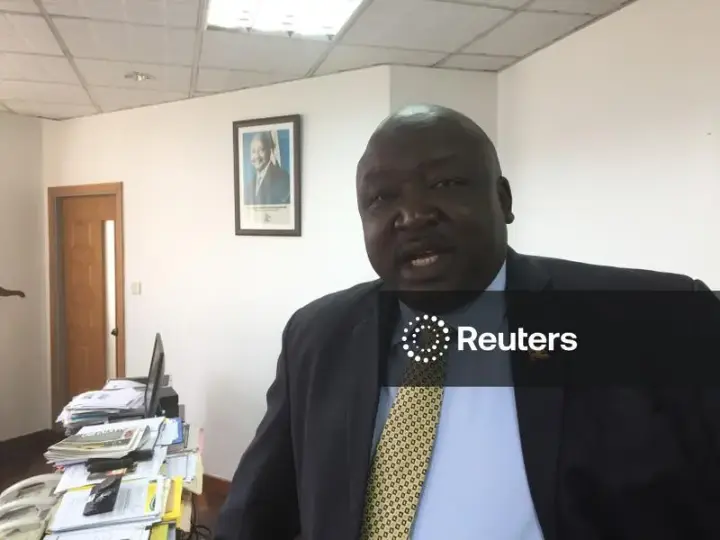KAMPALA — Uganda has rejected reports of a U.S. deportation agreement, reaffirming its right to independently manage immigration policy while prioritizing the protection and dignity of vulnerable migrants. A senior Ugandan official told reporters that no formal agreement exists, underscoring Kampala’s commitment to managing its immigration policies independently (The Guardian).
The controversy erupted after CBS News reported that the Trump administration had reached deportation deals with Uganda and Honduras, part of a broader “safe third country” strategy aimed at rerouting migrants to nations capable of processing asylum claims, even if they are not citizens of those countries (CBS News). The report sparked debate about Africa’s role in global migration policies and the ethical implications of third-country deportations.

Uganda’s firm stance highlights the delicate balance between maintaining national sovereignty and responding to international pressure. Unlike some African nations, such as South Sudan, Rwanda, and Eswatini, which have faced criticism for accepting U.S. deportees despite limited facilities, Uganda has prioritized human rights and logistical feasibility. “We will not compromise the safety and dignity of vulnerable individuals for political expediency,” the official said (Reuters).
Human rights organizations have voiced concerns that deportation agreements risk exposing migrants to harm and may violate international law if sent to countries without adequate protection systems. Advocates argue that such arrangements can exacerbate human suffering and undermine Africa’s efforts to uphold ethical migration standards (Africanews).
The government’s rejection of the reported deal also resonates with public sentiment in Uganda, where citizens have increasingly called for transparency in foreign policy and decision-making processes. Analysts suggest that maintaining a clear and principled stance on immigration not only protects migrants but also strengthens Uganda’s diplomatic credibility on the continent.

Ugandan Minister of State for Foreign Affairs Okello Oryem poses in his office in Kampala, Uganda, February 2, 2017. REUTERS/Ed Cropley
This episode underscores broader challenges facing African nations in global migration diplomacy. As countries navigate the competing demands of international cooperation, ethical responsibility, and domestic policy priorities, Uganda’s decision serves as a reminder of the importance of sovereignty and human rights.
By declining the U.S. proposal, Uganda asserts its authority to shape migration policy on its own terms while signaling to the international community that African nations cannot be treated merely as safety valves for external immigration pressures. The case raises critical questions about how African governments engage with global powers and manage complex migration issues, particularly amid rising international scrutiny and domestic expectations.